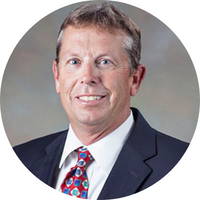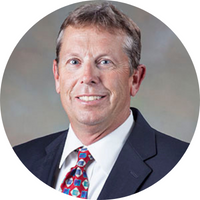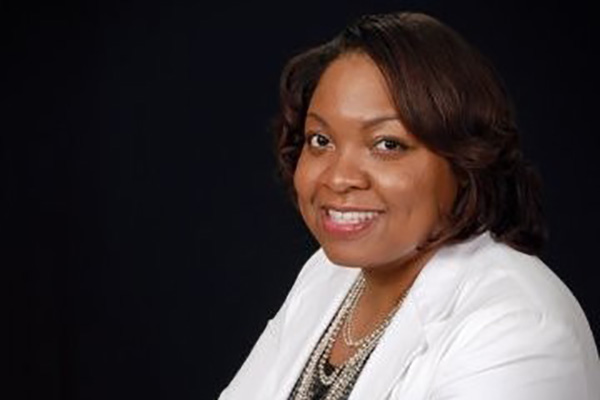
During your chemistry career it will become important to set boundaries at work as well as between work and home life. Without these boundaries you are setting yourself up for increased work stress, impacts to performance, and possible burnout. There are simple things you can do to create these boundaries while also making them stronger and easier to implement.
- Take time to critically think about and identify your priorities. What items are most central to you or your group? Are there specific areas or projects that are important to you? Are there activities you do not need to be involved in? If you do not set your own priorities, you will always be responding to someone else’s priorities, which can often lead to fragmentation of your output. While you are identifying your specific priorities, it is important to keep in mind the necessities/function/business of the company or department you are working for, and how your efforts directly support these company goals.
- Communicate your boundaries clearly and often – learn to say ‘no’. Once you have identified your priorities and built boundaries around them, clearly communicate these boundaries to your management and colleagues. Be honest and clear in accepting or rejecting projects. Consider adding a timeframe when responding to any requests i.e. yes, I can have this done by end of the week or no, I cannot fit this into my schedule right now, but will be available to contribute next month.
Create structures that help define your boundaries. One of the easiest structures is how you maintain and share your calendar. Define your work hours and stick to them. Block out “do-not- disturb” or “in the lab” sections on your calendar (and instant messaging) that will provide you with extended periods to complete highly involved tasks or writing efforts. If you are in the office or lab, consider using a physical boundary such as a closed door or do-not-disturb sign at your desk.
When on vacation, make it very clear if you will not be available or responding to e-mail on a 24/7 basis. If the work still needs to be completed, but exceeds one of your boundaries, offer an alternative (a different meeting time) or consider delegating the work if possible.
It is also important to be consistent in implementing your boundaries. It is your time and your choice and there is no need to be apologetic about saying “No.”
- Be professional in your requests to colleagues. Return the favor and be respectful of boundaries set by your colleagues. By doing this you also set an example for other employees. Communication is also important here. Again, consider including a timeframe and purpose for each request. Do not pressure colleagues into working on a project if there is no interest, or if there are alternative individuals that can make the same contribution.

Todd Alam recently retired from Sandia National Laboratories after more than 28 years as a materials chemist. He is now the founder of ACC Consulting New Mexico developing innovative solutions incorporating chemometrics and machine learning for spectroscopic analysis.
Todd is a lifelong learner and materials/physical chemist with 35 years of experience immersed in combing high resolution, solid-state NMR spectroscopy techniques and computational analysis methods to probe questions about the chemistry, structure, kinetics and dynamics for a wide array of materials and complex chemical processes.
This article has been edited for length and clarity. The opinions expressed in this article are the author's own and do not necessarily reflect the view of their employer or the American Chemical Society.
ACS Career Consultants are experts and leaders working in the field of chemistry who have volunteered to support other ACS members’ career development through one-on-one career counselling. They can stimulate your thinking, ask important career planning questions to help clarify goals, provide encouragement, teach strategies for making meaningful career decisions, and aid you in your job search. Connect with an ACS Career Consultant today!











